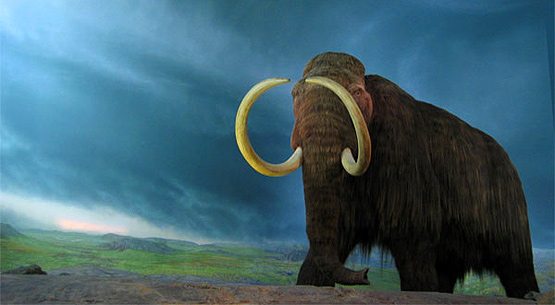Are You Going Extinct?

By now you’ve heard the news: sperm counts have fallen 50% over the last 40 years in Western countries. The latest tide of press releases surely can’t be wrong about this:
- Men’s Sperm Counts Are Dropping, and Scientists Don’t Know Why
- The Male Fertility Crisis
- Sperm Counts Are ‘Drastically Dropping’ Across the Western World
- Sperm Counts Plummet
- Western Men’s Free-falling Sperm Count Is a ‘Titanic Moment for the Human Species’
Or could they? This begs the much larger question of when do theories become fact, and when does knowledge become truth. In fact, in the world of science, theories never become facts. They simply explain facts. What’s also true is that science rarely reveals absolute truths to us. Most of science is tentative in nature and subject to revision. Even Albert Einstein said that “a single experiment can prove me wrong.”
Which Facts Are True?
One of my favorite definitions of “fact” was proposed in 1981 by the great modern paleontologist Stephen Jay Gould. He described “fact” in science as the point when theories are”confirmed to such a degree that it would be perverse to withhold provisional assent.” Thus, a fact is a theory or hypothesis that is so firmly supported by evidence that we all just assume it’s true, and we act like it’s true. It becomes part of the fabric of our lives. And this is because, according to philosophers of science, it is virtually impossible for us as humans to truly know real, absolute truth. Everything we see, think and hear is perceived through inherently biased sensory banks and therefore is simply an “interpretation” of empirical and absolute truth. Therefore, based how we see things, all “facts” are provisional at best.
From this perspective, a single 185-paper meta-analysis reporting that human sperm counts have fallen to precipitously low levels should not be deemed a fact of life by any means. It is a single hypothesis on the nature of things and is therefore subject to scrutiny and deliberation. Should it be ignored? By no means. Should it be believed? To the point that it generate ways to test its merit, yes. For example, if human sperm counts are falling in a meaningful way, shouldn’t human fertility be falling too? This is a problem as there is really no good evidence to suggest that human fecundity has changed along with sperm counts. Like ocean tides that constantly pound and reshape rocks on the shore, so goes the iterative process of turning knowledge into truth.
What Me Worry?
Despite this philosophizing, do you still find yourself concerned that you may be going extinct? Do things just not sit right with you? Are you too proactive to wait the many years it takes for observations to harden into truths? Well, there are things that you can do. First, take great care of yourself. Avoid pesticides and eat organic. Shun the fat-laden and carbohydrate-charged American diet and go Mediterranean or Paleo. Reduce your stress and get that much-needed sleep. Read and get involved in the conversation. Participate or donate to research. And if that doesn’t satisfy you, come see me and I will check you out to see if you’re heading toward extinction!









